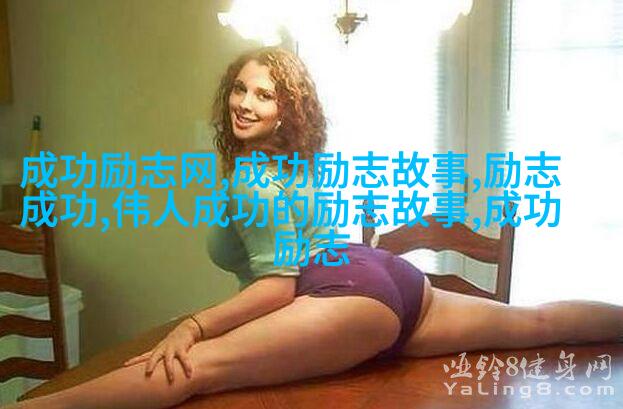90后亿万富翁逆袭的代名词
苦难的童年 在港台的亿万富翁中,’s知名度可以说是最高的。这不仅因为他个人资产大约有130亿港元,在1993年又当选为全国政协!然而,'s出身,也许要算亿万富翁中最苦的一个! 他的祖籍是广东番世界创业实验室禺,但是从他的祖父开始,全家就离开了陆地,长年居住在舢板上,被人称为“舢板客”,甚至贬称为“水流柴”,“家仔”。 1923年,就出生在这样的舢板上。他最初的名字叫霍好钊,后来改叫霍官泰;抗日战争爆发后,他自己改名英东,意思是要“英姿勃发于世界的东方”! イの父母靠着一只小驳船,在香港做驳运生意,也就是从无法靠岸的大货轮上,将货卸上自己的驳船,再运到岸边码头。7岁那年,在一次风灾中,他的父亲因为翻船被淹死了。 仅仅过了50多天,霍家的小船又一次翻在大海里,两个哥哥葬身鱼腹,只留下尸体没有找回来!母亲死命抱住一块船板,侥幸被过路的一艘渔船救下一条命。当时,因为在海边找野蚝,不在船上,所以才躲过这场灾难。 找到的第一份工作,是在一艘旧式渡轮上的加煤工。但是他的身体实在太单薄了,加煤和开炉门顾得上了,却顾不上了铲煤,一上岗就被辞退了。那几年的艰辛和挫折,并没有打垮他,他不断失败中的经验和力量积累,为崛起积蓄起力气,最终坚信自己总有一天会崛起! 赚到第一笔大钱 第二次世界大战结束后,他终于以敏感眼光捕捉到了一个发财机会。日本侵略军投降后,他们留下很多机器设备价格便宜但稍加修理即可用,又能卖出不错价钱。他想做这种生意于是成了个读报迷专门注意报纸拍卖日军剩余物资消息及时赶到现场,以内行目光挑选出那些有价值的大批买进迅速修好再卖出由于缺少资金他难以放手干活有一次看准了一批机器并且竞买成功以1.8万元港元中标有一个工厂老板也看中这批货愿意出4万元港元从他手中购买净赚2.2万元,这是在那几年里他赚到的最大一笔钱,为他积累了最初资本。

Hong Kong's "Land God"
After the Korean War, he predicted that Hong Kong's maritime industry would flourish, leading to the development of finance and trade, which in turn would promote commercial and residential building developments. Therefore, he shifted his focus to real estate development. In December 1954, he spent his own HK$120 million and borrowed another HK$160 million from a bank to buy his first large building in Hong Kong and established "Lucky Construction Development Co., Ltd." At first, like others, he bought old buildings with his own money and demolished them before constructing new ones for sale. However, due to limited funds, progress was slow.

A chance event inspired him to adopt a new approach: using pre-sales of property by taking deposits from potential buyers as collateral for construction! This innovative move caused his real estate business to boom overnight; when other developers also adopted this method, it had already amassed vast wealth. He became the chairman of the Hong Kong Building Industry Association with over 300 members controlling about 70% of Hong Kong's construction industry.
He was also known as "Sand King" because of another innovation in sand dredging operations in the early '60s when few entrepreneurs ventured into this field due to high labor requirements and significant investments but relatively low returns. Seeing broad prospects for growth in both industries led him boldly into sand dredging business on December31st1961 by importing a large suction boat named "Yung Wing No4" from Thailand.

Following the economic takeoff after World War II , skyscrapers sprouted up rapidly against an increasing demand for yellow sand used as construction material ;his fleet thus became gold mines . The same year (2004) after Athens Olympics , China's Olympic champions visiting Hong Kong were rewarded around $28M collectively by 's foundation . Since the late '80s,"Sports Fund" began rewarding athletes who won medals at international competitions including those representing Mainland China or Chinese Taipei
As an explanation later given : “This isn't just because I personally enjoy sports; it is based on how important sports are towards national progress & national prosperity.” He calculated numbers aloud: “The government spends over four billion yuan annually on education while only ten billion yuan goes toward sports - despite our country having eleven hundred million people!” Overseas Chinese & fellow citizens living abroad contribute more funding towards educational causes than athletic ones so 'felt compelled particularly eager within athletics projects.” Thus far many years later almost one-fifth of all donated funds went directly towards supporting sporting endeavors . More inspiring figures please visit:http://www.li96.com/lizhirenwu/
